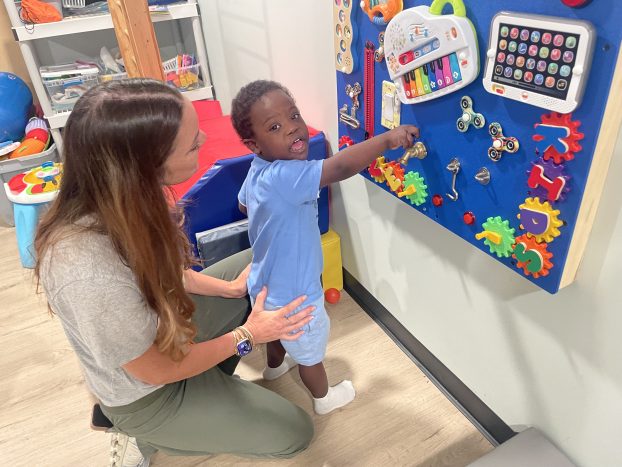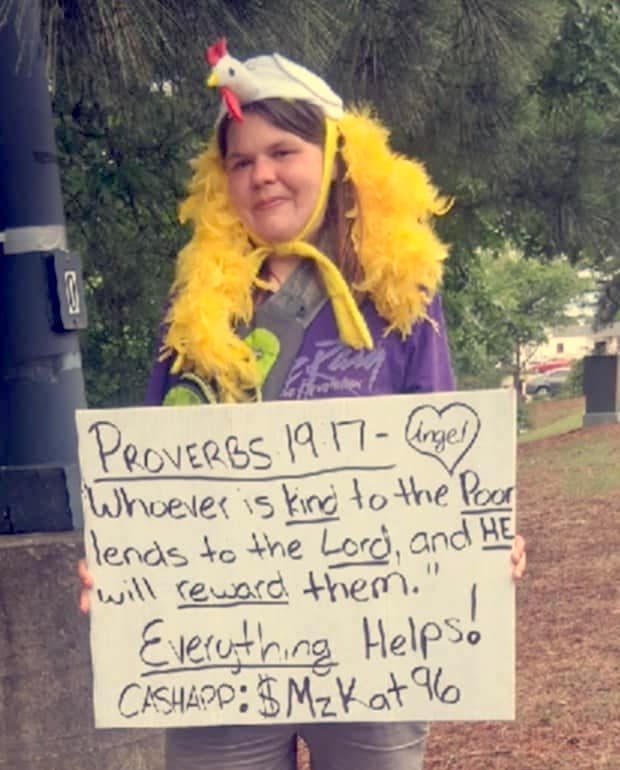Why women don’t like the ‘F’ word
Published 10:24 am Friday, August 18, 2017
By Valerie Habeeb
“There isn’t enough space in this newspaper, much less this column, to dive into every issue American women face on a daily basis,” wrote Alex McDaniel about women distancing themselves from feminists in her column “Talking about the “F” word.”
One might have thought Alex McDaniel was writing about women in the 18th century from her hysterical tone. But she was writing about being a woman in America today. Which is so why many of us don’t like the “F” word.
Trending
Before I address modern feminism, let’s talk about why first and second wave feminism were positive forces for women — and America. First wave feminism led to the right to vote. Nothing was more important. The second wave advanced women’s freedom to choose careers, family or both. Equality of opportunity was their credo.
The work of Andrea Dworkin and Catherine MacKinnon dominated 3rd wave feminism, as women’s studies programs turned radically — and angrily — leftward.
Fourth wave feminism threw in with the social justice crowd hell-bent on turning campuses into indoctrination camps where students are taught how to think “correctly” about race, class and gender. They argue that women are victims in every phase of American life. That society — aka the heteropatriarchy — is stacked against us. Many of us think that’s utter bunk.
That’s why we dislike the “F” word: it turned from something big and beautiful to something small and bitter.
An example: the mythical gender pay gap narrative. Though women earn 77 percent of the median earnings of males, details feminists omit change everything. Compare men and women who work 40 hour weeks, and the gap closes to 87 percent. Factor in careers women choose, and adjust for pay differentials, and women earn 91 cents to every man’s dollar. Still not perfect, but impressive.
Modern feminists want outcomes to be the same.
Trending
I’m grateful for the work of first and second wave feminists. Thanks to them, “women’s issues” don’t rank high on my list of priorities.
I am a Christian. A mother. A wife. I love my country, the Constitution and the freedoms both confer and protect. I love the founders. They had flaws, but they changed the world.
I love the blues, shooting pool, HGTV and “Shark Tank,” a show that celebrates capitalism.
I love the New Orleans Saints, the sound of my child laughing, and the taste of a well-grilled Filet Mignon. And in my home, I’m the grill master.
I love men, and I’m rooting for them, because without them, women are in trouble.
There are dangerous men out there, which is why I have a handgun and carry permit. Because a woman with a gun is scarier than an NFL linebacker without one.
And I’m grateful for all of God’s gifts. Love and mercy are the greatest.
My gender is not a priority on the issues front, either.
I believe our national debt is a disgrace. It’s immoral to spend money we don’t have and pass our debt off to our boys and girls.
Taxes are too high on the people who create jobs, and grow our economy — our small business owners, many of whom are women.
I believe as taxes go up, our ability to do for ourselves and our communities diminishes. As the state gets bigger, our churches grow smaller. And other cultural institutions that make a community hum. As cultural capital shrinks, citizenship shrinks.
President Kennedy asked, “Ask not what your country can do for you, but what you can do for your country.” Modern feminists ask the opposite. “Ask not what you can do for your country, but what your country can do for you.”
Our policy-makers are promoting free college and health care. But someone has to pay. Nothing’s free.
I worry we’re taking the risk out of life, and creating a generation too protected from life’s exigencies.
I worry about men in our country. They’re far more likely to commit suicide and are nine times more likely to be incarcerated than women.
I worry about young men with no fathers. And young women, too. They’re far more likely be the victims of violent crime, sexual abuse, and live in poverty than their peers in two parent families. And more likely to have children out of wedlock.
Only six percent of Americans live in poverty when they complete high school, get married and have kids — in that order. Choices we make matter. We’re not victims, but moral and spiritual agents capable of rising above our circumstances.
This isn’t a slam on single mothers. My mom was one. She struggled to raise me and my three sisters. It was hard, and we got no help from our father. But she was tough, and taught us the world didn’t owe us anything. We worked from an early age and contributed to the family. She taught us to value our bodies and minds. We all graduated from college.
My mom never talked about the odds being stacked against us and didn’t treat us like victims. Even when our lights were about to be turned off — we always found a way.
As for my values, I’m teaching my daughter to be responsible for her actions, to respect the value of a dollar, to be kind, to work hard, play hard, and rest hard. And be a good friend.
I tell her there’s nothing she can’t do if she applies herself. And that our biggest enemy is ourselves. Our doubts. Our fears.
I tell her that if she focuses on grievances in her life, she’ll lose her gratitude. And if she focuses on slights in her life, she’ll empower the people who slight her. That there are people who will help her if she asks. And with God’s help and love in her heart, everything is possible.
I tell her that if a man takes advantage of her, there are remedies. But not every slight amounts to harassment. Women, I add, can be especially cruel to women. Neither sex has a monopoly on bad behavior.
I’m praying she meets and marries a good man and has kids, and lives a life filled with love.
That’s one fact feminists don’t like to promote: married women are wealthier, happier and live longer than their single counterparts.
Here’s another: women represent 55 percent of college students in this country. We’re doing great!
But the biggest reason so many of us don’t call ourselves feminists is this: they’re dour. That Ms. McDaniel says she could fill the newspaper with her grievances about being a woman in America said it all.
I’m tired of angry leftist women lecturing me about what it means to be a female. If you want to call yourselves feminists, great. But count me out. I’m too busy enjoying life. And helping others — males and females alike — enjoy theirs.
Valerie Habeeb lives in Oxford.





